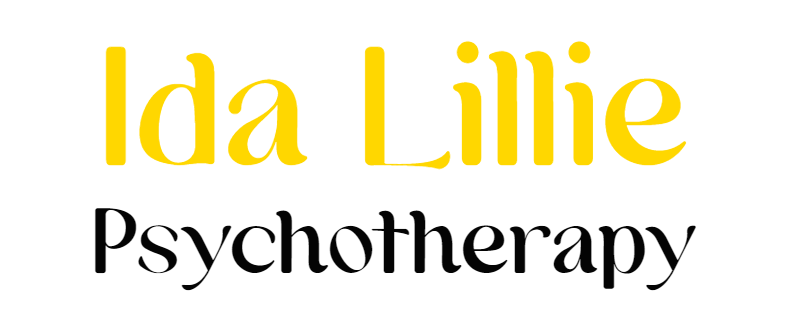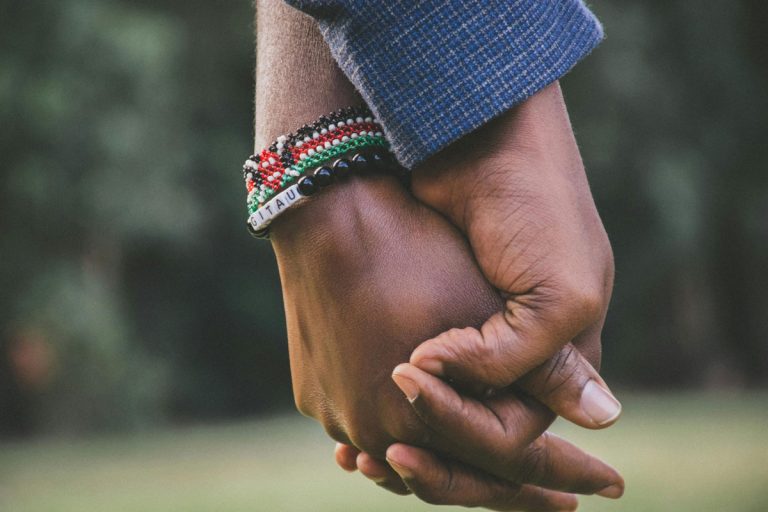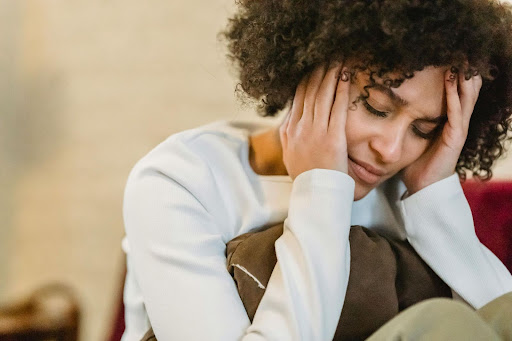Dating Anxiety in a World of Swipe Culture
Anxious thoughts before or after a date can feel overwhelming: “Did I say the wrong thing?” “Why haven’t they texted back?” “Do they even like me?” For many, dating is not just a fun adventure — it’s emotionally taxing terrain that activates core fears of rejection, worthiness, and attachment. If this resonates, you’re not alone.
As a therapist, I often sit with clients navigating the emotional complexity of dating in today’s world. The pressures of apps, the ambiguity of modern connection, and the vulnerability that comes with being truly seen — these all contribute to a cocktail of anxiety. Let’s take a closer look at what dating anxiety is and some ways to care for yourself through it.
What Is Dating Anxiety?
Dating anxiety is more than just butterflies—it’s a persistent feeling of worry or dread tied to connection. It can show up before a date, during interactions, or even after, as rumination or self-doubt. For some, it’s rooted in fear of rejection; for others, it’s tied to perfectionism or past relational trauma.
What’s important to remember is that dating anxiety is a natural response to uncertainty. You’re stepping into the unknown, and your nervous system is trying to protect you — even if that means creating scenarios that aren’t based in reality.
The Role of Attachment
Our early relational experiences shape how we show up in adult romantic relationships. If you notice yourself becoming hypervigilant about a partner’s text frequency or withdrawing as things get close, these may be signs of anxious or avoidant attachment patterns at play.
Understanding your attachment style can provide a roadmap for self-awareness, not self-blame. It’s not about labeling yourself, but about noticing patterns and learning how to self-soothe and communicate needs more effectively.

Tips for Easing Dating Anxiety
Here are some therapeutic strategies that I often recommend to clients:
1. Ground in the Present, Not the Outcome
It’s easy to spiral into “What if they don’t like me?” or “What if I’m too much?” Try grounding yourself in the moment: “Right now, I’m just getting to know someone.” This simple reframe shifts the pressure from impressing someone to simply observing compatibility.
2. Name the Narrative
What story are you telling yourself after the date or while waiting for a reply? Often, anxiety flls in gaps with worst-case scenarios. Try asking: “What’s another possible explanation?” or “Is this fear or fact?”
3. Regulate Your Nervous System
If you find your heart racing or thoughts spinning, pause. Take a few deep breaths. Try progressive muscle relaxation or even a cold splash of water to reset. These small practices can signal safety to your brain.
4. Clarify Your Intentions
Dating becomes more stressful when you’re unclear on what you want. Are you looking for connection, companionship, long-term partnership, or something casual? When you’re rooted in your own values, it’s easier to navigate the inevitable ambiguity of early dating.
5. Remember: Rejection Isn’t Always About You
Sometimes people ghost, change their minds, or reveal they aren’t available for the kind of relationship you’re seeking. It’s tempting to internalize this, but often, it’s more about where they are than about your worth.
If This Resonated With You…
Dating anxiety doesn’t mean you’re broken or unlovable — it means you care. Being open to connection while honoring your nervous system is courageous. Therapy can be a supportive space to explore these patterns, understand your needs, and build the self-trust needed to date from a grounded place.
You deserve a connection that doesn’t feel like a midfield. And it starts with the one you have with yourself.
At Ida Lillie, we support individuals navigating dating anxiety and relational challenges with care and cultural attunement. If you’re looking for a place to explore these experiences more deeply, we’re here to help.




